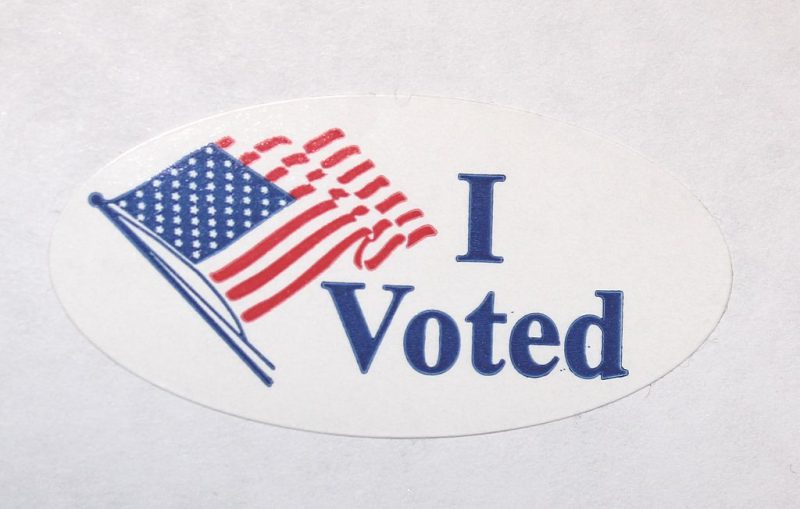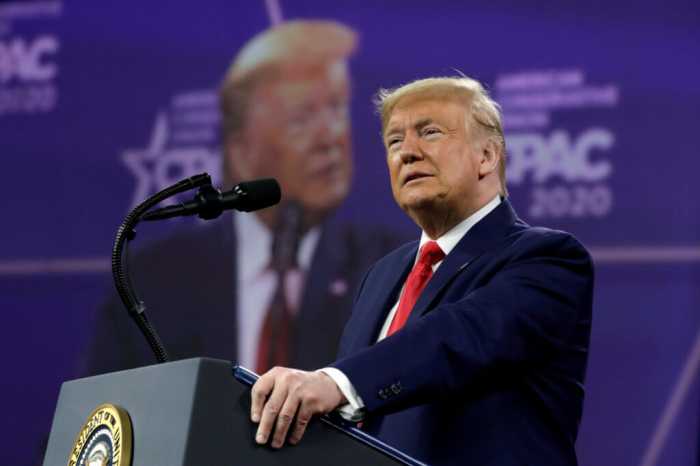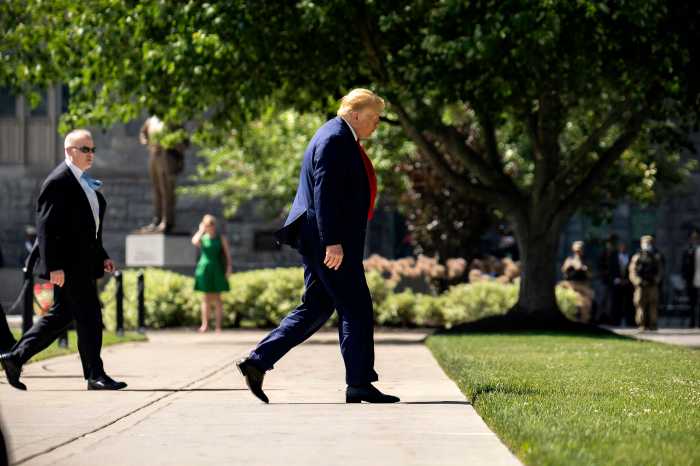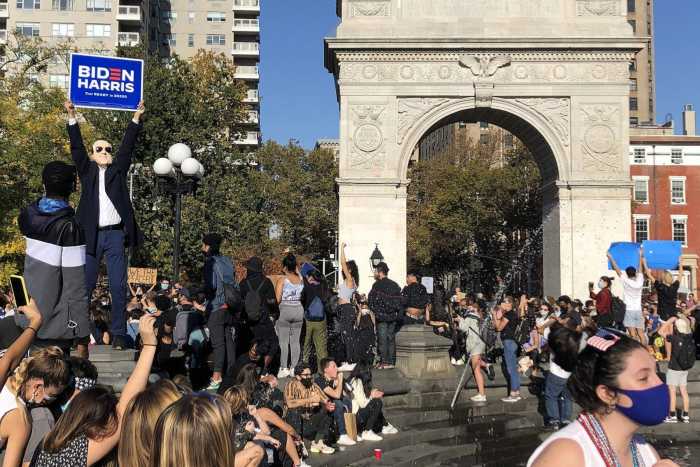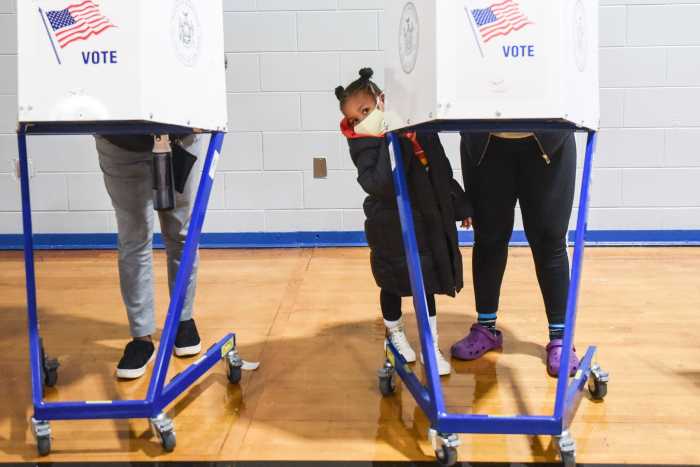One absentee ballot disqualification that Martha Ayon, a member of the New Reformers who was watching the absentee ballot count for the June primaries, witnessed involved a dime.
The voter, for whatever reason, had mailed in their ballot with the coin. It was a ten cent misstep that cost them their vote.
“I don’t know why somebody would do that but they lost their vote because of it,” she said.
The ballot mailed with the dime stood out to Ayon but so did the thousands of other ballots she watched get thrown out during her days watching the counting process. Some had no signature, some weren’t postmarked by the post office. Others were mailed in the wrong envelope, or the voter included the voting instructions with their ballot when they returned it to be counted.
While mailing in a dime with an absentee ballot is not something that can necessarily be fixed legislatively, many of the other issues that Ayon and other people watching the absentee vote count witnessed could be, she said.
And she hoped they would be before the November election –– a legislative hope that now might become a reality.
This week, New York City lawmakers joined their colleagues in Albany to push for legislation in the hopes of making what is expected to be a Pandemic-marred election process a little smoother this November.
The June primary election, which was complicated by the COVID-19 pandemic because voters wanted to avoid the polls so as to not contract the virus, was considered by many to be a test run for November’s much anticipated general election. Fears of contracting and spreading the virus obstructed in-person voting and petitioning. An unprecedented surge in absentee ballots also caused complications.
With no mail-in voting in the state, newly launched access to early voting poll sites, and a flawed attempt at scaling up a neglected absentee ballot system in a matter of weeks rather than the years-long process taken by other states, New York is playing catch up to make sure that residents are not disenfranchised in November.
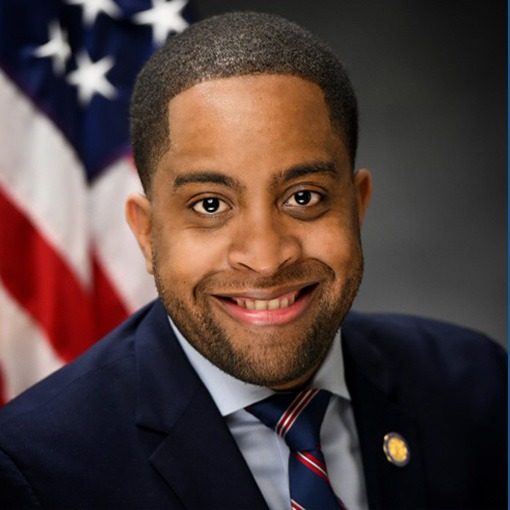
Nine bills that passed in the State Senate this week –– 7 of which were sponsored by senators from New York City –– hope to smooth the roadblocks caused by the coronavirus pandemic as well as solve a few non-COVID related election issues. Four of the bills made changes to absentee voting, a sticking point in June.
The legislative package, which was put forward by the Senate Majority, builds on previous election reforms and expansions to voting rights in the state, a press release said.
“From the moment this majority entered the Senate and passed a package of major voting reforms like early voting, we have continually improved and expanded voting rights in New York,” said Senator Zellnor Myrie (D-Brownsville, Crown Heights, East Flatbush, Gowanus, Park Slope, Prospect Heights, Prospect Lefferts Gardens, South Slope, and Sunset Park), Chair of the Elections Committee. “Now, following the first primary election during COVID and the expanded use of absentee voting, these bills will begin the work of adjusting our elections to the new reality and ensuring the right to vote remains protected now and in future elections.”
The legislation –– which include Senate Bills S.8806, S.8370B, S.8015D, S.8799A, S.8783A, S.6886D, S.8796A, S.8465A, and S.8782 –– deals with everything from rules around postmarks on ballots, to the use of anglicized names on petitions, fom early voting locations, to automatic voter registration.
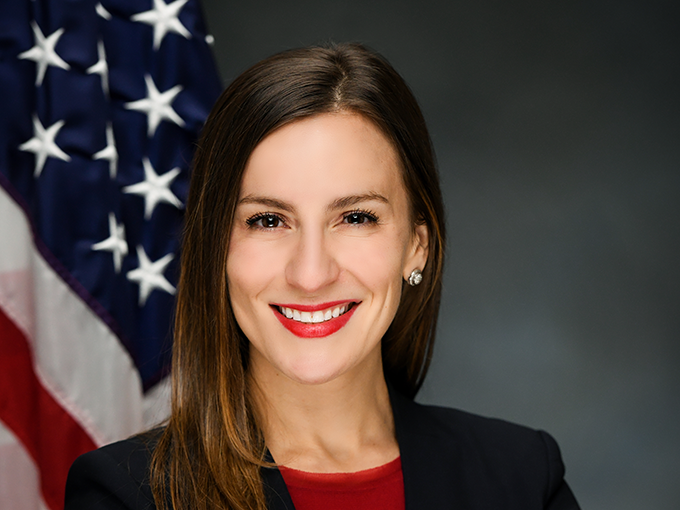
One bill, sponsored by Senator Alessandra Biaggi (D-Parts of the Bronx and Westchester), codifies into law Gov. Andrew Cuomo’s executive order that was issued in March that allowed anyone to request an absentee ballot because of the pandemic.
It is a legislative move that lawmakers hope will help the New York City Boards of Elections and others around the state more properly prepare for the November elections, and allow for more people to successfully vote absentee after a June primary that was rife with absentee ballot issues.
Missing dated postmarks, blank signature boxes, voting instructions included in the envelope, and absentee ballots received too late to be submitted or never received at all were just some of the issues that plagued absentee voters during the June primaries.

“Improving the absentee ballot process will also ensure that fewer votes are lost for technical reasons,” said Senate Deputy Majority Leader Michael Gianaris (D-Astoria, Long Island City, Sunnyside, parts of Woodside, Maspeth, Ridgewood, Woodhaven) who sponsored the bill that changes rules around the need for an absentee ballot to be postmarked by a certain day to be counted.
Thousands of ballots were disqualified which led to lawsuits by candidates and a slowed down counting process.
Sarah Goff, the Deputy Director of Common Cause New York, a nonpartisan organization that advocates for election reform, said that New York has never had a robust absentee voting system and that these problems have always existed. The unprecedented wide use of absentee ballots by votes in the recent election brought the issues to the forefront of the conversation around election reforms.
“These issues have not been seen in mass and they were on such a smaller magnitude than what we’ve ever seen before in comparison to this election cycle,” said Goff in an interview before the legislation passed. “The June primary has laid bare some of the structural issues with the way that we’ve set up the existing absentee voting in New York.”
She hopes the legislation in this session is the first step in a deeper overhaul of absentee voting in New York, she said. New York has higher rates of absentee votes being disqualified than other states, she said. Some of the changes that could decrease the rate of disqualified absentee votes are as simple as redesigning the absentee ballot with the voter in mind, she said.
But in the meantime, since New York doesn’t have mail-in voting and the pandemic is unlikely to end before the November election, it is important New York figure out how to overcome the issues from June and this legislation is the first step, she said.
“Otherwise we will continue to see voters disenfranchised through November arguably through no fault of their own,” Goff said.


